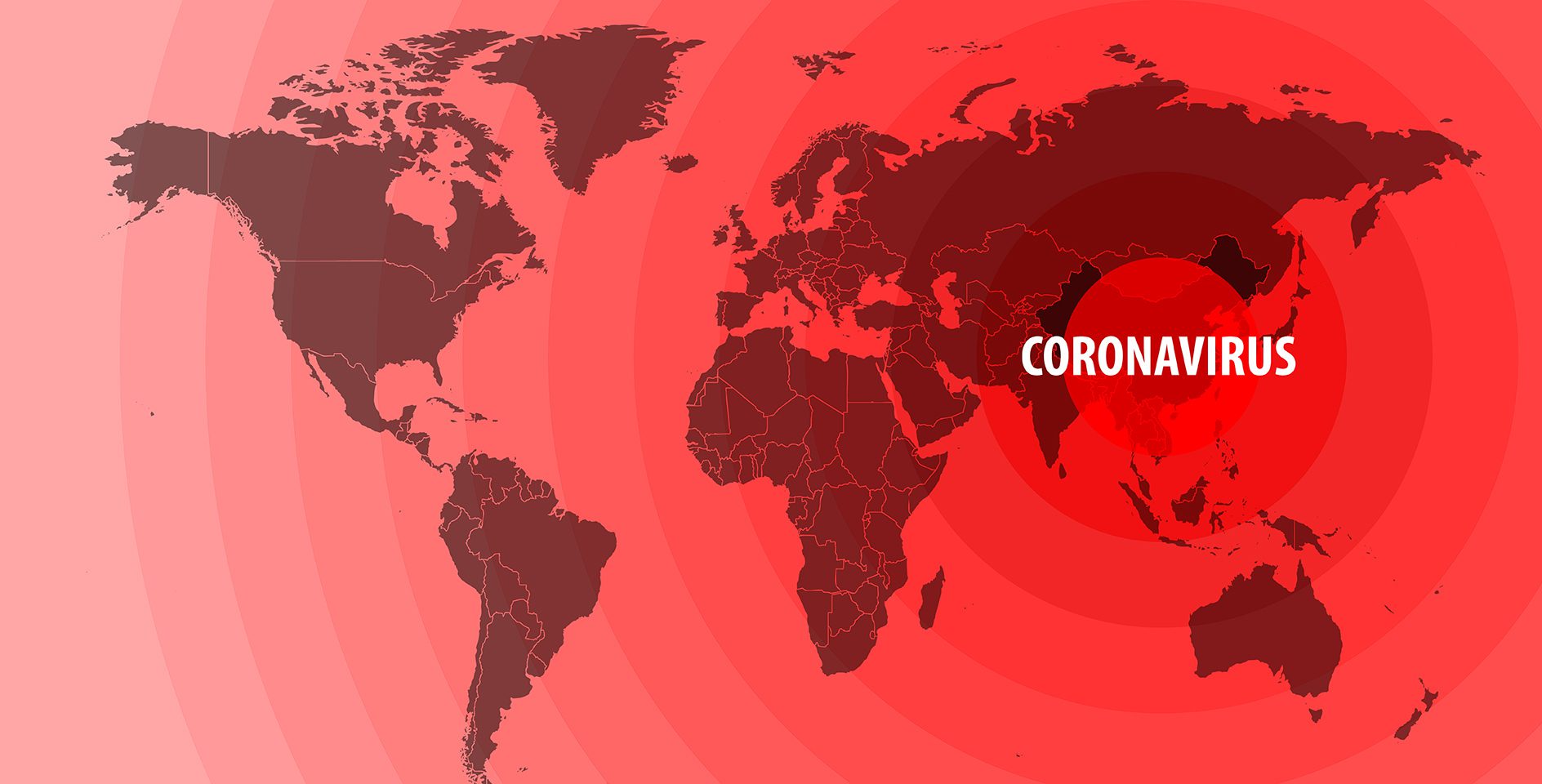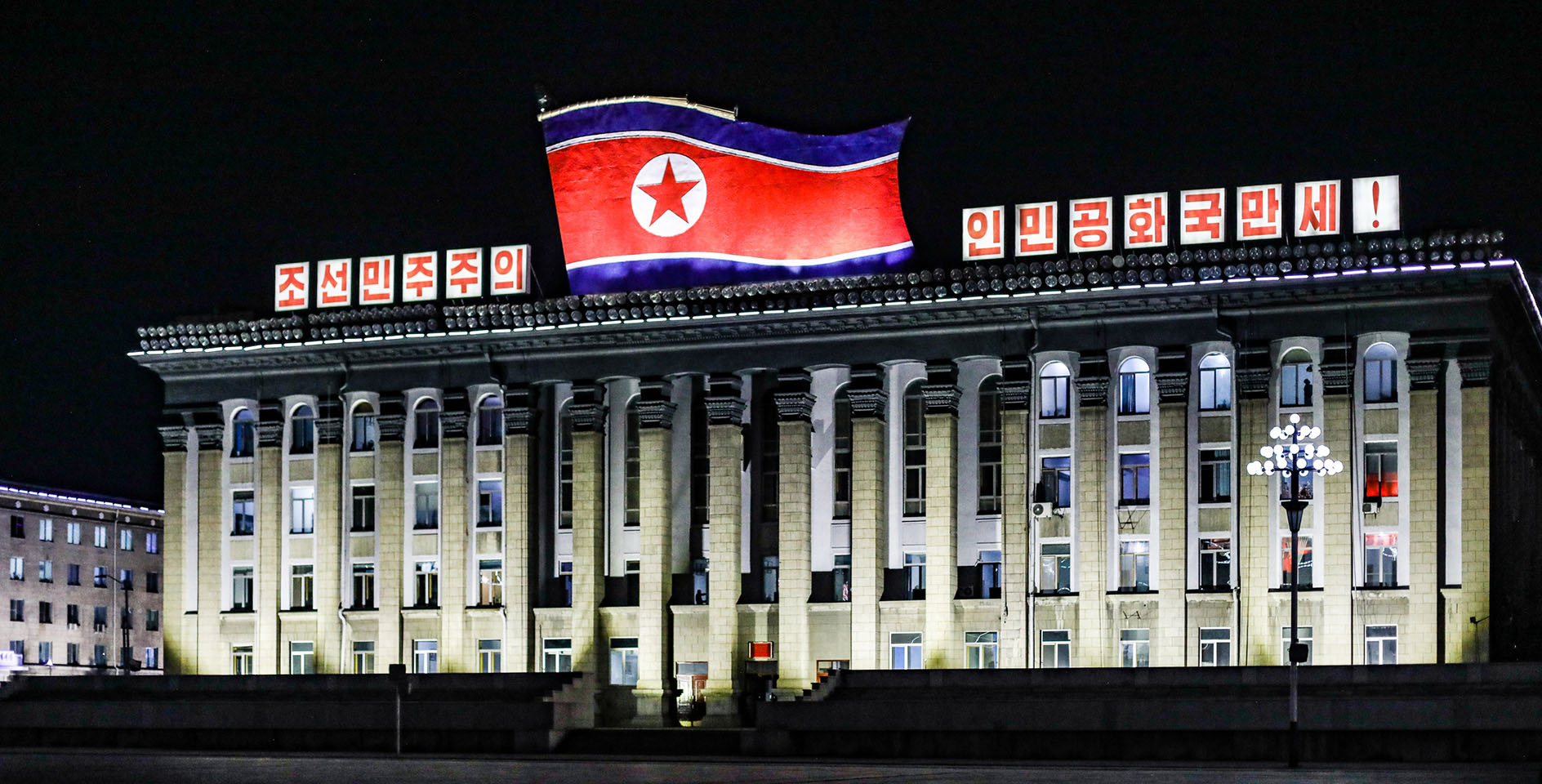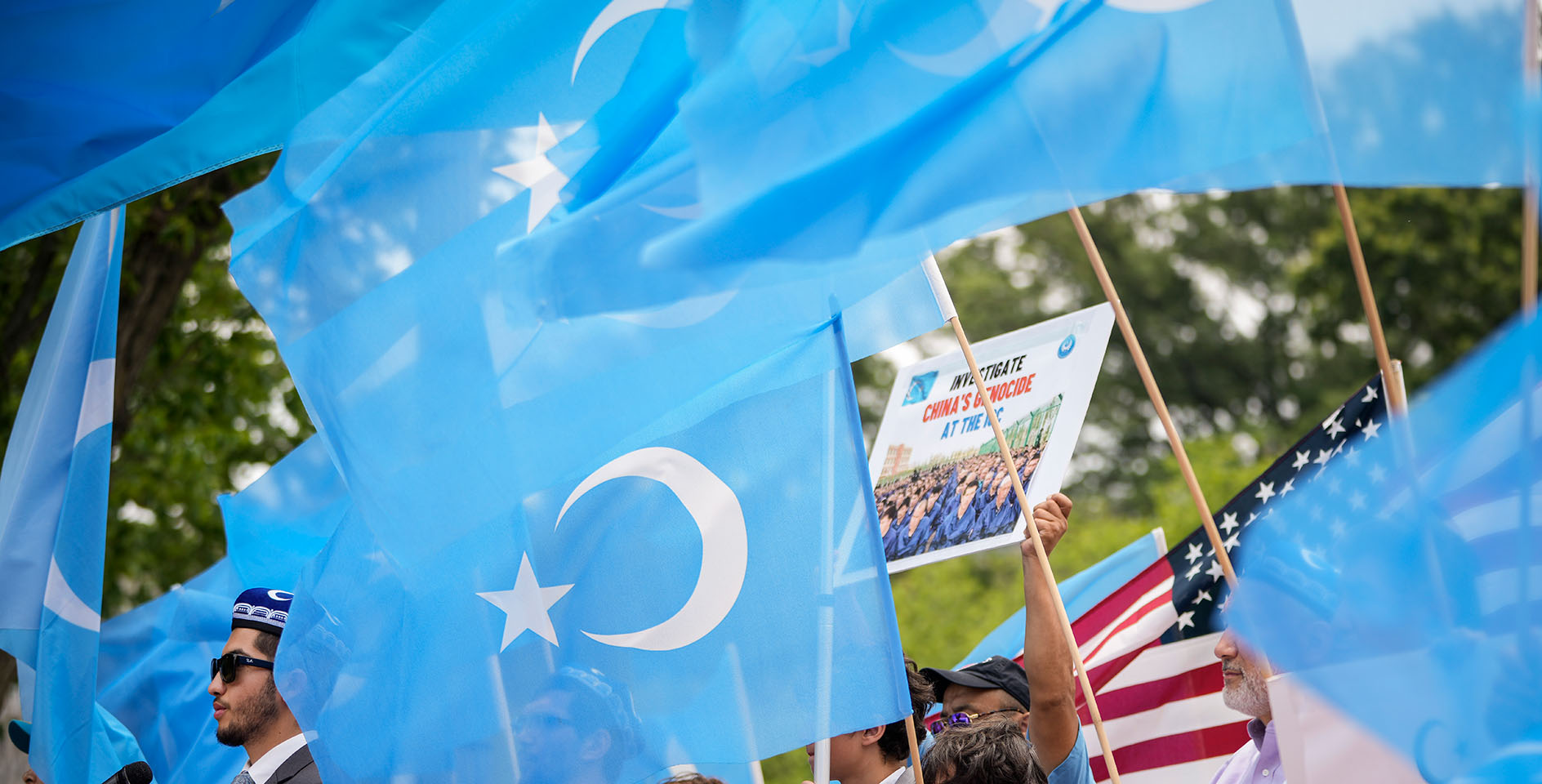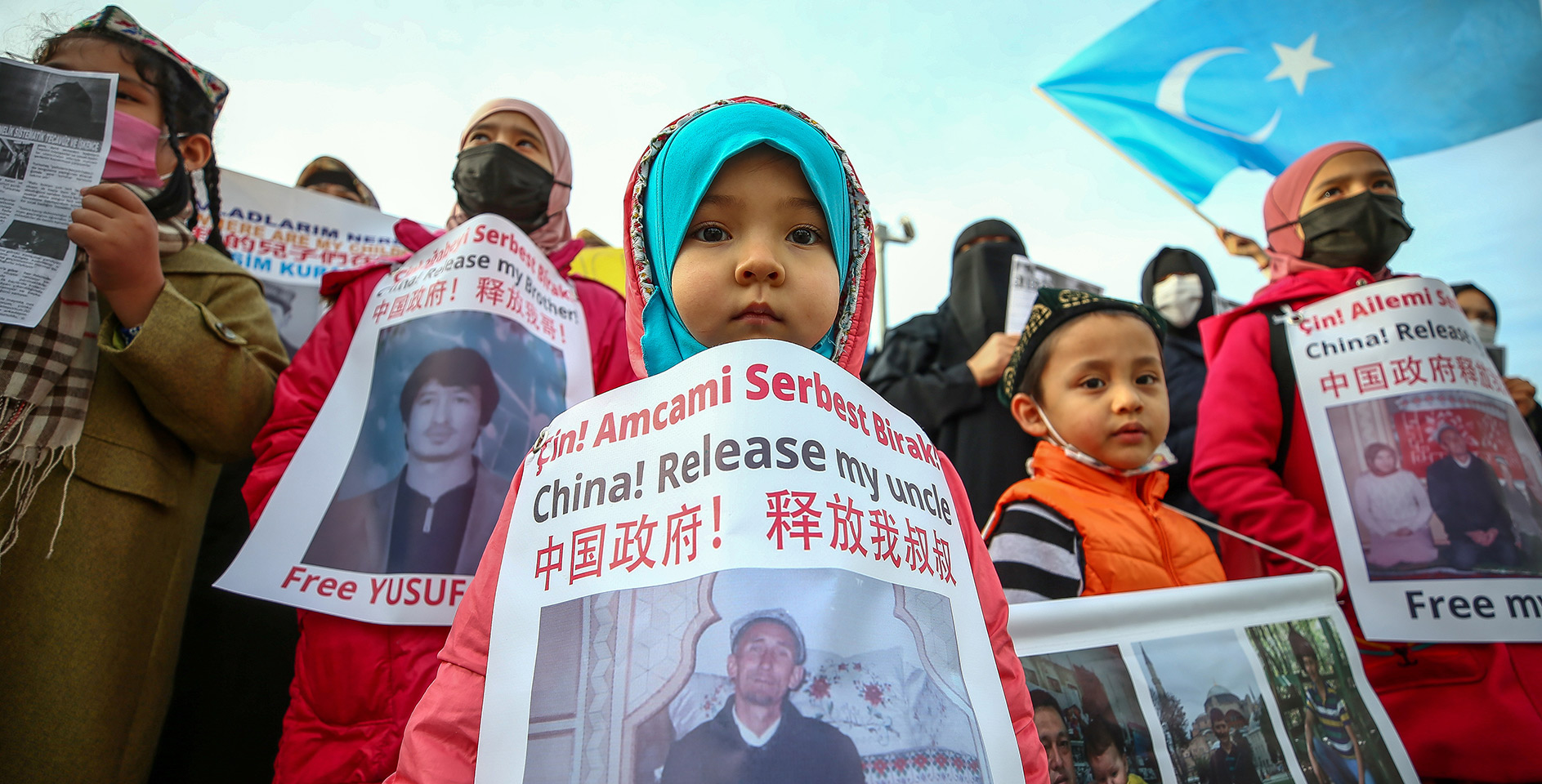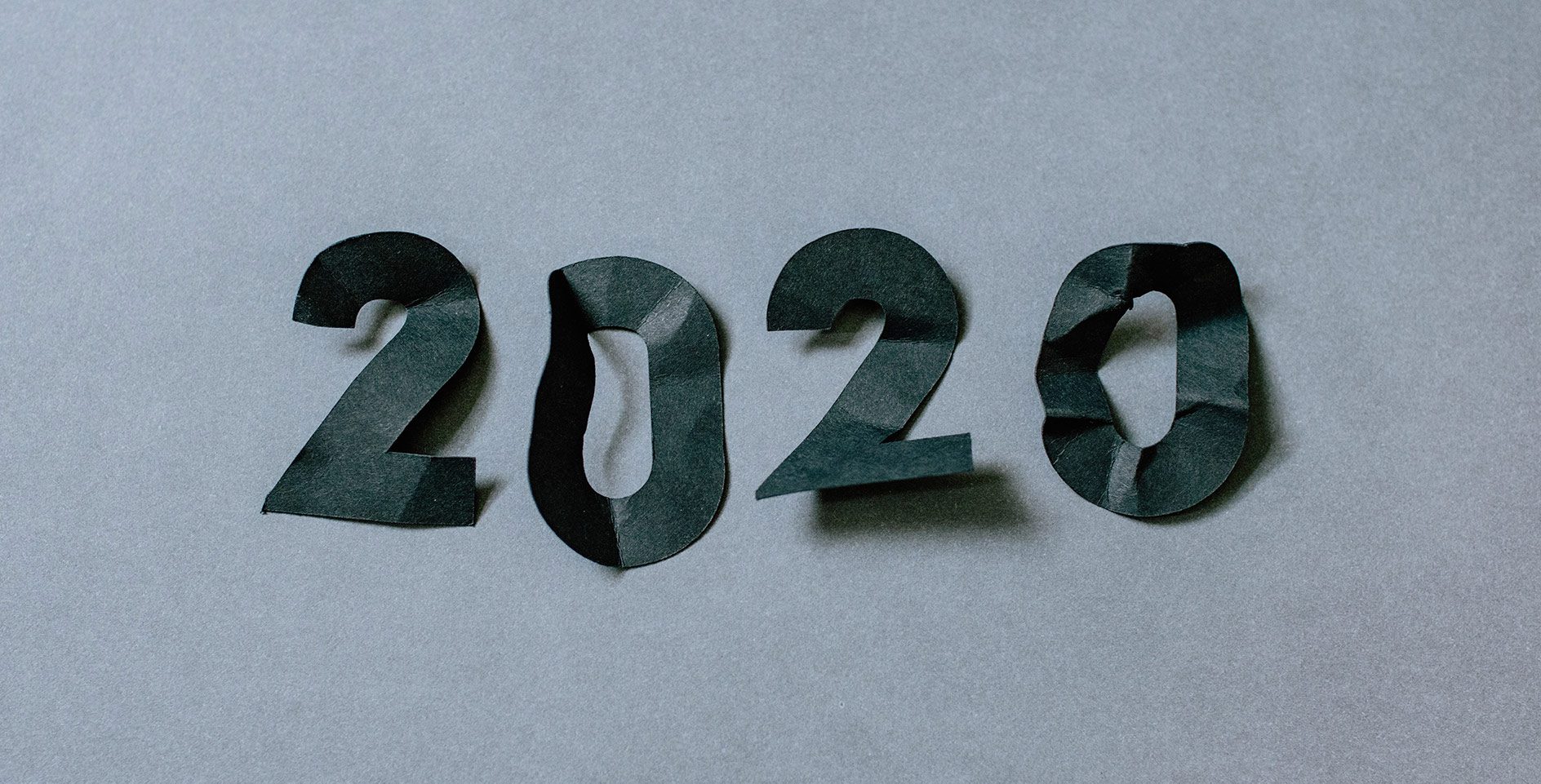The world is once again gripped in apprehension and fear as a new and previously unknown virus has emerged from China. Much like SARS (severe acute respiratory syndrome) in 2003, the coronavirus seemingly appeared out of nowhere. Unlike SARS, however, the coronavirus is spreading with greater speed and lethality. China was much criticized in 2003 for failing to react in time and failing to take SARS seriously; 17 years later, they appear determined not to repeat those same mistakes with the coronavirus. Few events trigger intense global scrutiny like disease pandemics; and if the crisis in Hong Kong has shown us anything, China doesn’t desire intense global scrutiny. This latest disaster has once again revealed aspects of Chinese governance and culture that the CCP, The Communist Party of China, would prefer lay hidden.
Within 100 days of the initial outbreak, in a display of manufacturing prowess, China erected a makeshift hospital in Wuhan province with over 1,000 new beds to treat and contain the virus. Despite these efforts, the virus continues to spread, and the death toll continues to increase. The coronavirus outbreak is tragic, and the international response of heightened security measures and quarantine have been lamentable but appropriate. Lord willing, this pandemic will be contained, and the loss of life will be limited. Regardless, it is unlikely that this will be the last pandemic China will battle. Against the backdrop of these health events, what the world is witnessing is a Chinese government that is as sick as its citizens.
The greatest sickness China battles is not the result of pathogens, but of politics; not of flu but of philosophy. It is hard to overstate the pervasive and omnipresent nature of the Chinese state, harder still to get Americans and westerners to understand the extreme imbalance of Chinese politics. The CCP maintains a level of control over its people and their lives that would make George Orwell blush. Much has been written, although hardly enough, about the forced internment of over 1 million Uighur Muslims in the province of Xinjiang. More still was written in 2019 about the CCP’s crackdown on protestors in the semi-autonomous region of Hong Kong. The Communist Party of China exists solely to perpetuate its own control over the people of China, and it will do whatever it can to maintain its hold and control. And what the CCP can not control, it will attempt to suppress; and what it can not suppress, it will deny; and what it can not deny, it will eliminate.
The sounds of silence
Soon after accounts of the coronavirus began to surface, so too did reports of China’s efforts to contain those accounts. The CCP arrested individuals who attempted to raise the alarm about the new virus, and suppressed stories of the virus spreading. It was only when the outbreak spread beyond the initial province of Wuhan that China was forced to acknowledge the reality of the pandemic. China’s efforts to contain the virus has had less to do with public health and safety and more to do with global impact and economic viability. It is not an understatement to say that everything that the Chinese state does is done with an eye toward answering the question, “What is best for the party, and for the state?”
News that is unfavorable or that reflects badly on the party is suppressed. This pattern of repression did not begin with SARS or the coronavirus. Few Americans and westerners know that the CCP has gone so far as to ban entire topics from conversation and publication within China. In 2013, a list of seven banned topics was released, enumerating the topics that schools were forbidden to teach and publishers were forbidden to address. These topics include universalism, press freedom, judicial independence, civil society, citizens rights, historic mistakes of the CCP, and cronyism in elite and financial circles. These topics joined the already banned books such as textbooks on Western culture and most notably the Bible.
This pattern of denial, suppression, and restriction of free expression in China is not just unfortunate, it is deadly. When the state is concerned with its appearance more than its people, it will often ignore the truth and warning signs necessary to save lives. Ironically, the greatest mark of political health in a state is the government’s ability to admit and address its own faults and failures. This type of oversight, which we frequently lament in the West, may be uncomfortable and often inefficient, but it inoculates the state against a host of ills. China’s inability to conscience this type of oversight poses a far greater threat to its supremacy than any virus.
The deeper disease
Of all the geopolitical threats that the United States and the West face in this new century, China definitely reigns supreme. Its massive population provides an almost inexhaustible source of laborers, consumers, and soldiers. Its massive state apparatus provides a level of command and control over the economy and culture that is the envy of totalitarian regimes across the globe. China integrates these strengths and fuses them into a strategy of great network power, and their goal is to remake the world in their own image. This effort begins within their own borders through a process called Sinofication, where competing ideologies, philosophies, and religions are suppressed in favor of official Chinese culture; Hong Kong protests and the Xinjiang "Uighur reeducation” camps are prime example of this strategy. However, these strategic advantages come with flaws as great as their apparent strengths.
China has one of the lowest fertility rates among developed nations. Decades of adherence to the controversial One Child Policy has created a demographic crisis and a generation of men who have little to no prospects for marriage and procreation. This same generation of single men are also now solely responsible for the maintenance of their aging parents, as they have no siblings to shoulder the economic and logistical load of this aging generation. Conversely, many aging parents that once prized their male children now fear for the fate of their sons, as any son killed in military action or by disease leaves the family devoid of any means to provide income and support.
Generations of oppression and secrecy have bred an environment where creativity and innovation are discouraged and trust in the government is nonexistent. This mutual mistrust hampers the ability of the government and the populace to respond to national challenges, and historically we know that such environments are ultimately self-defeating and unstable.
The people of China deserve our pity and our prayers, and the politicians crafting the response to the global coronavirus crisis need our support. But we will fall short and miss the mark if we focus our prayers solely on the diseases and daily news that plague the world’s largest nation. While the coronavirus will likely and hopefully be contained, the people of China will continue to be afflicted by the far more virulent plague of Communist authoritarian rule. And while it may seem hopeless that the Chinese people will ever be freed from this plague, we know that there is hope. For we know that there is a vaccine for this most human condition, one that begins not in the halls of power but in the hearts of men. This Balm from Gilead which makes the wounded whole, is undeniable, irrepressible, uncontrollable by any state, and it is on the move.



